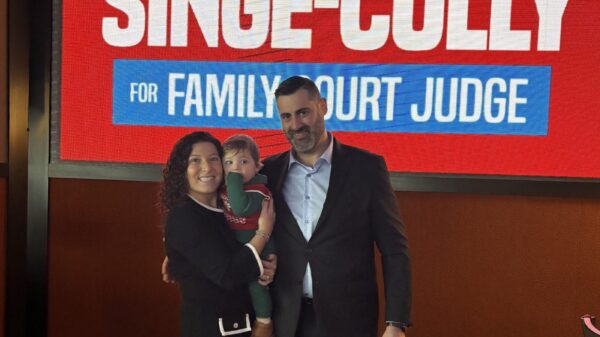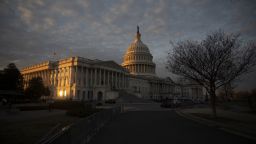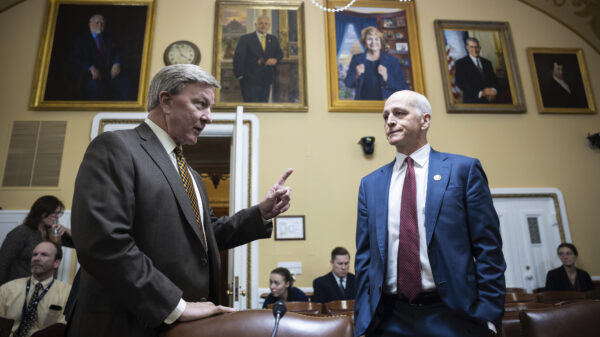A federal judge has imposed a fine of $6,000 on attorneys for Mike Lindell, the founder of MyPillow, for submitting court documents that included nearly 30 erroneous citations, some referring to non-existent cases. The ruling by U.S. District Judge Nina Wang took place in Denver, where the judge found that the motion violated court rules due to reliance on artificial intelligence (AI).
The sanction, announced on February 27, 2023, came after attorneys Christopher Kachouroff and Jennifer DeMaster filed an AI-generated motion in response to defamation claims brought by Eric Coomer, a former director at Dominion Voting Systems. Coomer accused Lindell of disseminating conspiracy theories related to alleged election rigging. This case is part of a larger defamation lawsuit initiated by Coomer against Lindell and his companies, including MyPillow and FrankSpeech, in May 2022.
Judge Wang’s ruling was influenced by a previous jury’s decision on June 16, 2022, which found in favor of Coomer, ordering Lindell to pay over $2 million in damages—far below Coomer’s requested amount of $62.7 million.
During a pretrial conference, Judge Wang expressed concern over the numerous citation errors in the AI-generated filing. Kachouroff admitted to using AI assistance but failed to verify the citations after processing. When questioned about whether he had checked the accuracy of the citations, he stated, “I personally did not check it. I am responsible for it not being checked.”
Despite Kachouroff’s claim that the flawed motion was mistakenly filed as a draft, Judge Wang noted that the final version of the document still contained significant errors, some of which had not appeared in the draft. The judge concluded that the filing was not an inadvertent mistake, highlighting “contradictory statements and the lack of corroborating evidence” regarding the citations.
In her ruling, Judge Wang emphasized that the sanctions were intended to serve as both a deterrent and a form of punishment for the attorneys involved. She remarked, “Neither Mr. Kachouroff nor Ms. DeMaster provided the Court any explanation as to how those citations appeared in any draft of the Opposition absent the use of generative artificial intelligence or gross carelessness by counsel.” She further noted that the court does not take pleasure in sanctioning attorneys who present cases before it.
This event raises questions about the reliability of AI-generated legal documentation and the responsibilities of attorneys to ensure the accuracy of their filings. The implications of this case may extend beyond Lindell, potentially influencing how legal professionals utilize technology in their practice.






































































